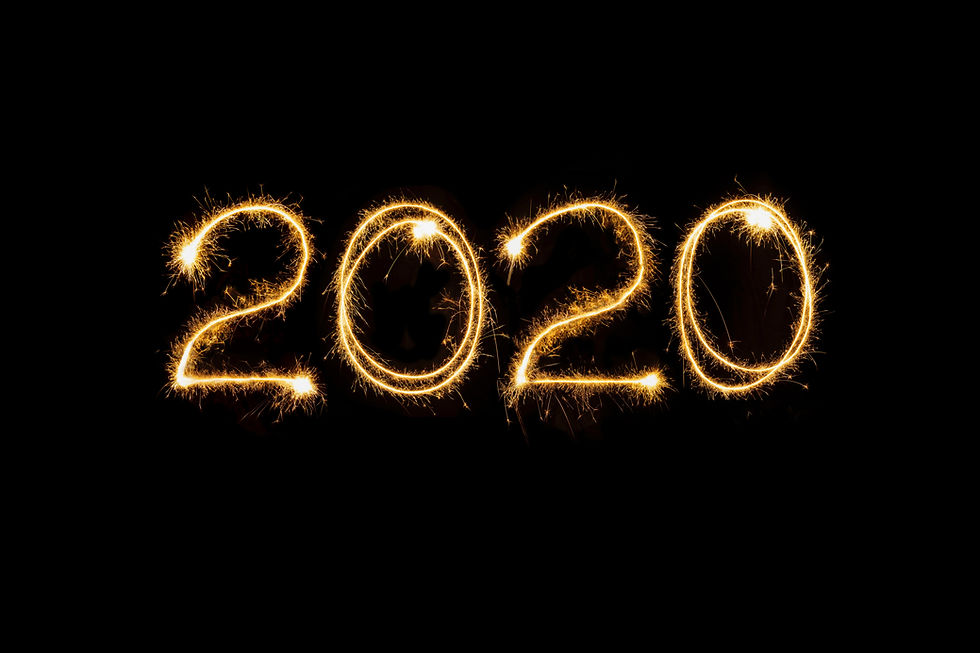
Postmortem
December or the start of each new year is typically the time to reflect and review the goals for the year. Like a lot of you, I keep a list of goals and aim to review progress against them. Often with mixed success. Goals that I:
Achieved or exceeded - what worked?
What can I learn from my performance,
and that can be leveraged for the year ahead?
Did not achieve - why not?
Was it a bad goal, ill-defined, possibly impossible?
Did I have incomplete or lousy information when setting it?
Did circumstances change and so the goal became redundant?
Or, did my performance during the year not meet expectations?
An objective, self-evaluation of ones' performance can be a powerful tonic to the often mediocre annual, sheep dip, performance appraisal you may have received from your organisation. This type of review, a postmortem, is similar to the medical equivalent, where we can benefit from learning what went wrong (or right). Then use that information to our advantage in the year ahead.
A postmortem in a medical setting allows health professionals and the family to learn what caused a patient's death. Everyone benefits except, of course, the patient.
And let's not forget, no one will care more about your career progress than you do!
"Your career is your business, and you are its CEO"
- Andy Grove (legendary Intel co-founder and former CEO)
Can you think of a single, successful CEO that doesn't set goals for their business? Short, medium and longer-term ones, small tactical goals and BHAG ones. So do the same for yourself, your professional development and your career.
Immunity to change
Last year I wrote about our personal "immunity to change" (Robert Kegan and Lisa Laskow Lahey) as reasons why New Year's resolutions make poor goals.
New year's resolutions as goals more often than not quickly fail, whereas goals that acknowledge:
actions that we take that may prevent our goals from being realised
competing commitments that we have and
our limiting assumptions or beliefs
stand a better chance of becoming robust commitments that lead to significant change.
What makes a good goal?
You will no doubt have heard of SMART goals (Specific, Measureable, Attainable, Realistic and Timely). It is a helpful framework to use when thinking of goals, and I encourage everyone to have it in mind when setting new ones.
If setting big goals, ambitious ones - they should have meaningful parameters. As Ryder Carroll says in "THE BULLET JOURNAL METHOD",
"You should know exactly how it would impact your life for the better. This is critical because big goals take time and sustained effort to complete."
Persistence and consistency are essential when it comes to meeting and exceeding your goals.
Perhaps also introduce another challenge and not just carry forward past goals or to focus on incremental improvements to goals. Try Zero Based Budgeting (ZBB) if you are setting financial targets for your business. It can be liberating, and a little intimidating to plan the year starting with a blank page. I used ZBB for my 2020 client revenue goal, whereas 2019 was a more straightforward and inevitably less accurate top-down (sometimes known as "finger in the air") approach to targets that were financial in nature.
If stuck for what should make your 2020 list, then here are some goals that might resonate and help get you started:
Share
If you enjoyed reading this article, then please share it with someone in your network who might appreciate it, like a friend, family member, or coworker.
Subscribe
If you liked this article, then please subscribe below for more insights like it. No spam, ever! Just great, insightful content on a weekly(ish) basis.

Comments